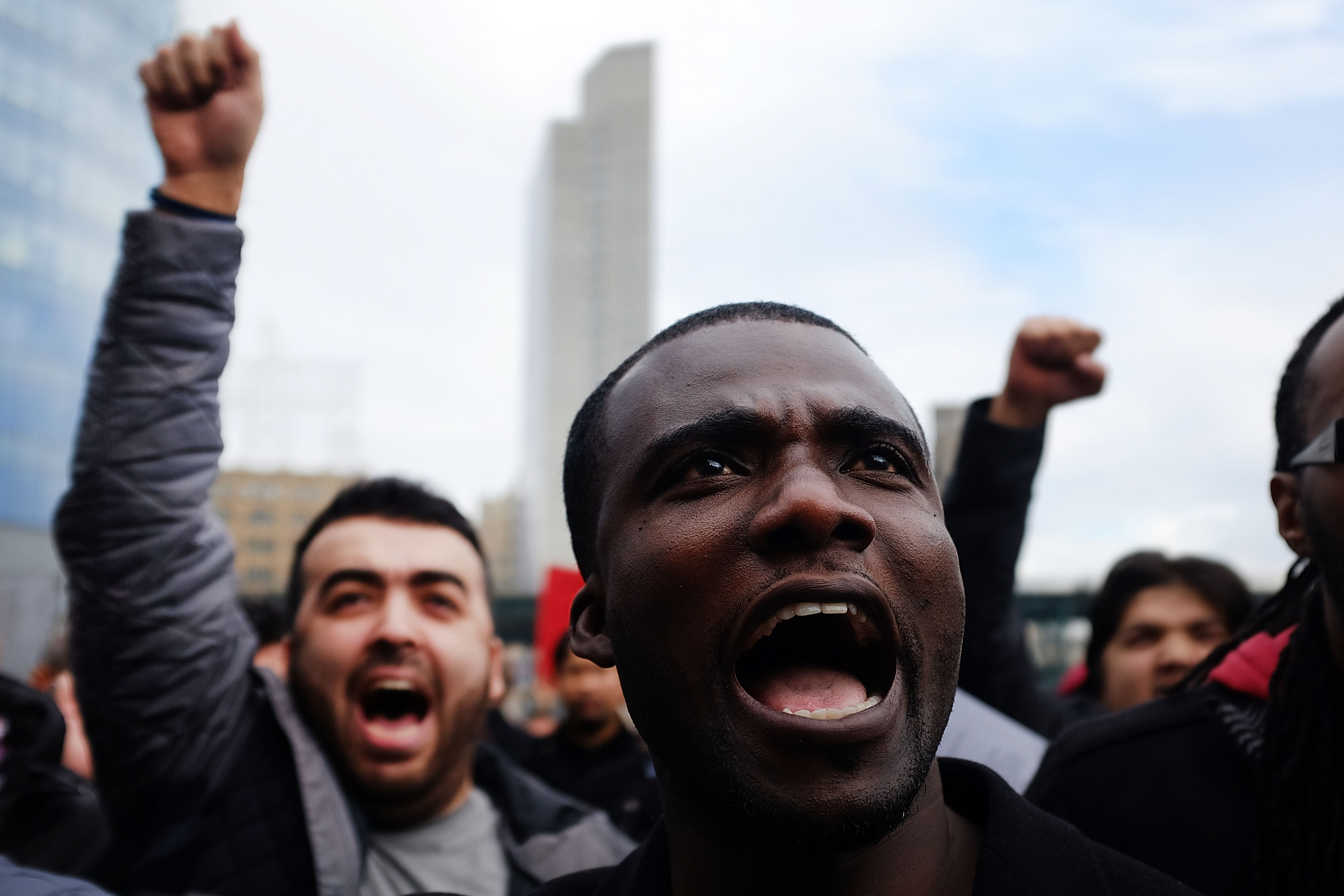He is a Senior Lecturer at Delft University of Technology. He obtained a PhD in Economics (in 1992) from Erasmus University Rotterdam. His work has appeared in Cambridge Journal of Economics, Development and Change, Eastern Economic Review, Industrial Relations, International Review of Applied Economics, International Journal of Political Economy, Journal of Post Keynesian Economics, Journal of Development Economics and Structural Change and Economic Dynamics.
His latest book, co-authored by C.W.M. Naastepad, is Macroeconomics Beyond the NAIRU (Harvard University Press, 2012) and winner of the 2013 Myrdal Prize of the European Association for Evolutionary Political Economy. Servaas Storm is one of the editors of Development and Change and a member of the Institute for New Economic Thinking’s Working Group on the Political Economy of Distribution.



